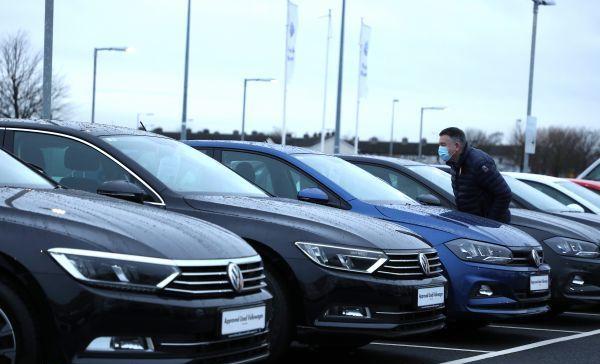The reference news network reported on January 26 that according to Agence France-Presse, the Swiss canton of Valais has cancelled subsidies for rechargeable hybrid vehicles. Because one report shows that on mountain roads, rechargeable hybrid vehicles have little advantage in terms of sewage and fuel consumption.
The study was carried out at the request of the Valais authorities, a company engaged in the management of construction projects.
According to the study, "quantitative results (measurements of actual fuel consumption) show that rechargeable hybrids are far from the manufacturer's commitment, with only a very slight (if almost zero) advantage over conventional fuel vehicles." ”
One of the study's authors, energy engineer Mark Miller, told Swiss Radio Francophone that the cars were "a hoax about carbon dioxide emission standards, climate targets and consumers"!
Studies have shown that in the mountainous terrain of Valais, rechargeable hybrid vehicles "emit up to 4 times the CO2 emissions declared by car manufacturers".

The study notes that "even if motorists have charging piles at home and at work and are short-distance driving, they will not achieve the value claimed by the manufacturer." ”
Speaking at Swiss Radio and Television, Miller said: "Automakers usually advertise that hybrid cars consume 1.5 to 2.5 liters of fuel per 100 kilometers, but the actual fuel consumption is between 4 and 7 liters, just like diesel cars." ”
The canton of Valais funded the research carried out by the company "Impact on Life" and eliminated subsidies for such vehicles.
In 2020, the NGO Transport and Environment Group conducted an analysis of the performance of the three best-selling models of the year and confirmed that the CO2 emissions of hybrid vehicles are generally higher than the officially claimed levels of manufacturers.
The NGO's International Committee on Clean Transportation's study also concluded that the actual CO2 emissions of rechargeable hybrid vehicles are typically higher than the measurements reported during the approval process.
Many experts believe that rechargeable hybrid vehicles combine the disadvantages of the internal combustion engine (air pollution) and the disadvantages of the electric motor (the use of both motorized systems resulting in high weight and price).
If this type of car is not charged regularly, the fuel consumption is very high. But, when used properly, rechargeable hybrids are still an alternative to diesel cars for some drivers who drive long distances on highways and in urban areas, which have fallen out of favor since the Volkswagen engine test fraud scandal. (Compilation / Zhao Kexin)